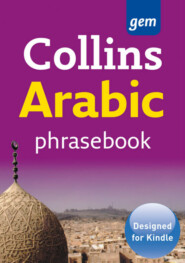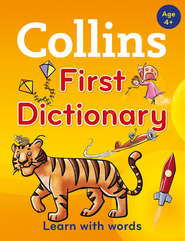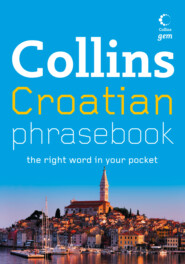По всем вопросам обращайтесь на: info@litportal.ru
(©) 2003-2025.
✖
Collins Junior Illustrated Thesaurus
Автор
Год написания книги
2019
Настройки чтения
Размер шрифта
Высота строк
Поля
Groups (#litres_trial_promo)
Insects (#litres_trial_promo)
Jobs (#litres_trial_promo)
Magic (#litres_trial_promo)
Mammals (#litres_trial_promo)
Music (#litres_trial_promo)
Pictures (#litres_trial_promo)
Poetry (#litres_trial_promo)
Reptiles (#litres_trial_promo)
Shapes (#litres_trial_promo)
Sounds (#litres_trial_promo)
Space (#litres_trial_promo)
Sports (#litres_trial_promo)
Stories (#litres_trial_promo)
Time (#litres_trial_promo)
Trees (#litres_trial_promo)
Vegetables (#litres_trial_promo)
Water (#litres_trial_promo)
Weather (#litres_trial_promo)
Young animals (#litres_trial_promo)
Index (#litres_trial_promo)
Picture Credits (#litres_trial_promo)
Copyright (#litres_trial_promo)
About the Publisher (#litres_trial_promo)
Using this thesaurus (#ulink_628d5f98-c1e4-51e3-ae77-9c3cd239ce50)
A thesaurus helps you choose exactly the right word to make your writing more interesting. In your writing, do you find you use words like good, bad and nice too often? A thesaurus will help you find other words with the same meaning.
How to find a word
If you want to find a different way of saying a word, think of its first letter. Once you know this, there is more than one way to find your word in the thesaurus:
• You can use the Index (#litres_trial_promo) at the back of the ebook which lists all of the thesaurus words in alphabetical order. Scroll through the Index until you find the letter your word begins with, then look down the words until you find the one you are looking for. You can then follow the link to the entry in the thesaurus.
• You can use the Contents (#u6bf386da-a27e-53ad-8b3c-a380bbbd3234) page at the front of the book, which has a link to every letter in the thesaurus. Follow the link to the letter your word begins with, then look through the entries in this letter until you find the word you are looking for. The entries are in alphabetical order.
Once you have found your word in the thesaurus, you can choose the synonym that suits your writing. A synonym is a word or phrase that has a similar meaning to the headword. Read the example sentences to understand how each synonym can be used.
Choosing the right synonym
1. The headword is the word that you want to find a synonym for.
2. Some headwords also have a number in brackets. This tells you that this headword can have different meanings.
3. Next you will see the part of speech. This tells you what type of word the headword is, such as a noun, verb, adjective, adverb or pronoun. If the word you want to find is a verb, make sure the headword you look at is also a verb.
4. Underneath the headword, you will find the definition. The definition tells you what the headword means.
5. The synonyms are listed below the definition of each headword. Synonyms have similar meanings to the headword.
6. Every synonym in the Collins Junior Thesaurus has an example sentence. This shows you how the word might be used in speech or writing.
7. Some headwords and synonyms have an illustration or photo to help you read the word and understand its meaning.
Other features of this thesaurus
This arrow ➔ points to a booster. Boosters are lively words and phrases that can be used to replace a headword. Boosters are usually words that are used in speech as slang, in proverbs and in mottos. For example:
noisy ADJECTIVE
Someone or something noisy makes loud or unpleasant sounds.
boisterous
Dad complained the party was getting far too boisterous.
deafening
Suddenly there was a deafening clap of thunder.
loud
The boys’ game was much too loud.
piercing











